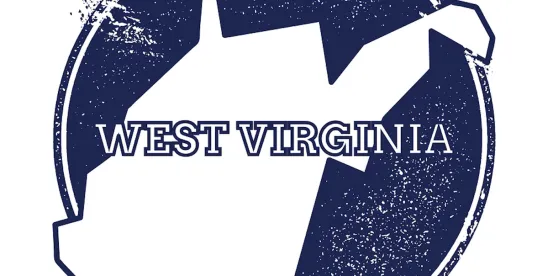On August 21, 2025, the West Virginia Department of Environmental Protection (WVDEP) published its proposed Clean Water Act (CWA) Section 401 Water Quality Certification package with respect to two separate expedited permitting mechanisms recently proposed by the U.S. Army Corps of Engineers (Corps). The proposed 401 Certification would approve the use of the Corps’ proposed Regional General Permit (RGP) and Letter of Permission (LOP) for energy projects in West Virginia, each of which was published by the Corps on June 4, 2025. The Corps proposed the RGP and LOP to expedite permitting of energy related projects under Section 404 of the CWA and (as to the RGP) Section 10 of the Rivers and Harbors Act of 1899 (RHA), as a means of implementing several Executive Orders issued by President Trump aimed at expediting regulatory approval of such projects. In finalizing its decision on the proposed Certifications, the WVDEP will consider the impact of activities that would be authorized using these mechanisms on water resources, fish and wildlife, recreation, critical habitats, wetlands, and other natural resources. WVDEP is accepting public comment on its proposed Certification package until September 23, 2025.
Section 401 Water Quality Certifications are required for permits or licenses issued by federal agencies to ensure that such projects do not violate a state’s water quality standards or adversely affect designated uses of specific streams. Under applicable federal regulations and the terms of the Corps’ proposals, the WVDEP is required to act upon the Corps’ request for CWA Section 401 Certification of both the RGP and LOP within 60 days after they were received by the WVDEP, and a failure to meet that deadline would be deemed to be a waiver of the WVDEP’s certification authority. The public comment deadline of September 23, 2025 regarding the WVDEP’s proposed Certifications is presumably geared towards allowing WVDEP to meet the 60-day response deadline established by the Corps.
The Corps’ proposed RGP, if finalized, would be available for energy or energy resource-related activities that would permanently impact one acre or less of federal jurisdictional waters and are considered to have no more than minimal individual and cumulative adverse environmental impacts. The RGP defines “energy or energy resources” as “crude oil, natural gas, lease condensates, natural gas liquids, refined petroleum products, uranium, coal, biofuels, geothermal heat, the kinetic movement of flowing water, and critical minerals, as defined by 30 U.S.C. 1606(a)(3).” Further, “critical mineral” does not include “fuel minerals; water, ice, or snow; or common varieties of sand, gravel, stone, pumice, cinders, and clay.” Any applicant seeking coverage under the RGP would have to file a Pre-Construction Notification (PCN) with the Corps (containing detailed information pertaining to the project) as part of its application.
The proposed LOP would be available for energy or energy resource-related projects in West Virginia that impact no more than two acres of federal jurisdictional waters, are likely to have “minimal” effects on the human environment and are viewed as involving “minor” work. 30 C.F.R. 325.2(e)(1). Any application for coverage under the LOP must include detailed information regarding the proposed project, be coordinated with federal and state fish and wildlife authorities, and be subject to a public interest evaluation. However, issuance of a LOP would not require submission of a PCN to the Corps or publication of individual public notice of the application.
WVDEP’s proposed Certification package includes its own proposed “Standard Conditions” and “Special Conditions” to the Corps’ RGP and LOP (which are substantively identical). If finalized, West Virginia’s 401 Certifications for the RGP and LOP (including all such conditions) will be incorporated by reference into each of these permitting mechanisms. For example, Standard Condition 14 would require that any applicant proposing to conduct horizontal directional drilling beneath a Section 10 (i.e. RHA) water must prepare and submit an Inadvertent Return Contingency Plan, a Groundwater Protection Plan, and an Operations Contingency Plan to WVDEP for review and approval. If finalized as proposed, the Special Conditions would require, among other things, prior written notification to WVDEP for any proposed work in streams identified in Standard Condition 10 and in RHA Section 10 rivers within West Virginia. Notification must be provided at least 60 days prior to construction, describing the project purpose, location, and impacts. WVDEP reserves the right to require individual Section 401 Water Quality Certifications for any activities resulting in greater than 200 linear feet of cumulative impact to any stream listed in Standard Condition 10 or to any Section 10 river. See Special Condition 2.





 />i
/>i
